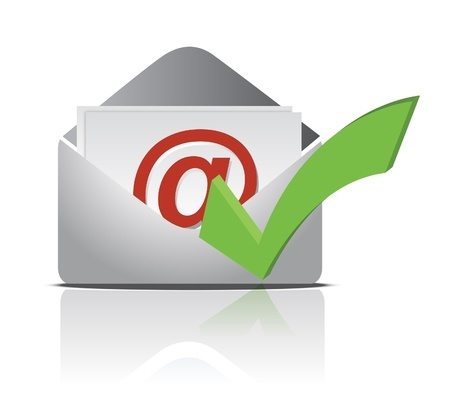Mallory King - March 31, 2017 - Internet Law, Spam Law

Spam. Junk Mail. Technically defined as “any electronical mail message the primary purpose of which is the commercial advertisement or promotion of a product or service.” You know, the e-mails that are building up in your Gmail “Promotions” tab at this very moment and will likely go unread. Annoying, yes. Useful, perhaps (especially when you score a sweet discount from your favorite retailer). But legal? Surprisingly, yes! Under United States Law, the CAN-SPAM Act makes spam legal, albeit with a few restrictions. In order to utilize spam legally in your business, it is important to follow these three basic guidelines:
1. Avoid False/Misleading Headers & Subject Lines
The “from” e-mail, domain name, and subject lines must be truthful and accurately reflect the content of the message. The CAN-SPAM act makes it illegal to send spam with falsified header information.
2. Include a Physical Address
A legitimate physical address (which can be a P.O. Box) must be included in the spam message.
3. Provide an Unsubscribe Option At The Bottom
There must be a visible and operable unsubscribe mechanism. If a recipient chooses to opt-out, their request must be honored within ten (10) business days. Once a recipient has opted out of your spam mailing, it is illegal to sell or transfer the e-mail address that opted out. Keep in mind it is also illegal to harvest e-mails for spam purposes.
If you are interested in utilizing spam for your commercial business purposes, Traverse Legal can offer you a personalized assessment on the legality surrounding your proposed spam use. Contact us today!